The Middle East war has exposed the sheer depth of shattered values in Australia
The Middle East war has exposed the sheer depth of shattered values in Australia.
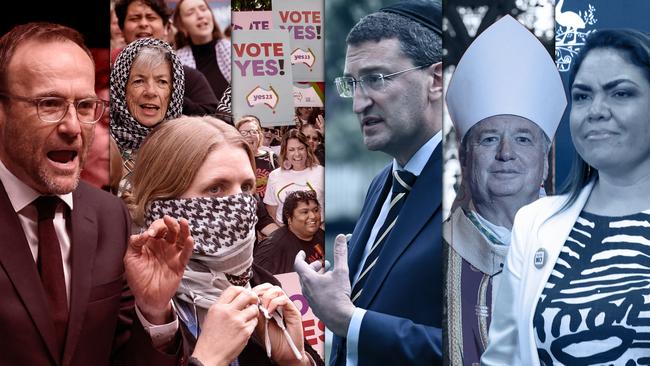
We are kidding ourselves. The nation is more divided than ever about fundamental values leading to a growing cultural chasm with two sure consequences: it is far more difficult to achieve national interest policies and once a society is split on values then mutual trust quickly evaporates. This is Australia’s plight.
We cannot get things done because we disagree fundamentally. Every sign is the situation is getting worse. The cultural schism is not a straight binary split but more a series of intersecting splits. The best political summary, though simplified, is surging progressivism on the attack against the liberal and conservative tradition. The diversity of the chasm reveals its complexity – it includes identity politics, the climate threat, minority rights, racism, environmentalism, educational instruction, Australia’s history, migrant policy, religious freedom and Indigenous justice.
Above all, it is a conflict over morality. That’s what makes it intractable. The driving force is the rejection of the existing moral order. Many of these political conflicts can be reduced to a moral severance as two competing cultures evolve. The voice referendum merely highlighted the nation’s wider fracture.
Education is at its epicentre. It is no accident that a week ago Peter Dutton warned that university education was being corrupted with students increasing taught “what to think”, not “how to think”; with places of higher education now becoming “places of indoctrination”.
The Opposition Leader called for a societal-wide effort to purge indoctrination in education, a sentiment widely shared on the conservative side of politics. He said anti-Semitism was tied to ideology and propaganda in education, a stance certain to inflame institutional resistance given the education sector and the universities are the originating cradle of progressive politics and its causes.
The Middle East war has exposed the sheer depth of shattered values in Australia.
Greens leader Adam Bandt refused on the ABC Insiders program last weekend to endorse the idea of a Jewish state in the Middle East, accused Labor and Liberals of backing genocide and human-engineered famine, and mobilised the Greens against Labor as the banner-carriers of the Palestinian cause and spearhead of anti-Israeli sentiment across Australia. At the same time, Jewish Liberal MP Julian Leeser has declared racism is no longer seen as an objective and moral truth but is manipulated as a subjective tactic for political ends, with the Greens now a racist party worse than One Nation.
The most revealing feature of the Laura Tingle furore on racism was the astonishing article in The Sydney Morning Herald by the new Labor-appointed Australian Race Discrimination Commissioner, Giridharan Sivaraman, who announced that racism “is embedded in our society and culture” and that it operates as a function of “power and privilege”. He said our “settler colonial history is ongoing”, that systematic racism needs to be identified and that racism is in our schools, hospitals, dealings with police, getting a job and renting a property.
Sivaraman said the Australian Human Rights Commission is devising a new national anti-racism framework for governments to approve. His agenda means the nation under Labor can expect a far greater focus on our systemic racism in the cause of human rights.
Of course, there is racism in Australia but Sivaraman’s stance seems a virtual endorsement of the disastrous critical race theory (propounded in the US by academics Richard Delgado and Jean Stefancic) that says “racism is present everywhere and always” – the more you look for racism the more racism you find because it was always there. Tackling racism is an important issue but treating Australia as a nation where racism is embedded and systematic – an article of faith for many progressives – will guarantee more social conflict and greater division in the nation. Progressives have learnt nothing from the referendum defeat.
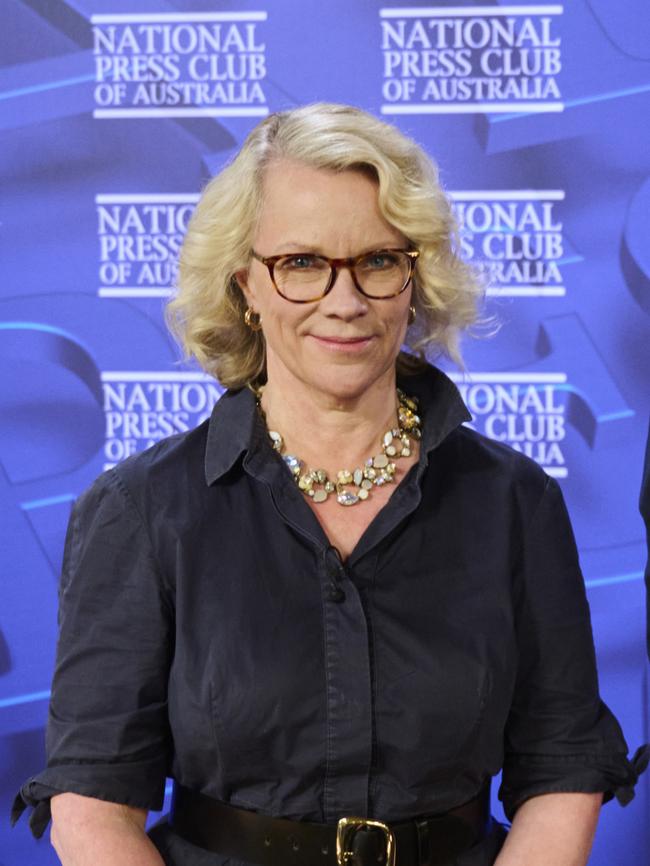
In his coming book, lawyer and political conservative Damien Freeman, one of the six original architects of the voice proposal, warns that the nation’s inability to find a method of Indigenous constitutional recognition – a cause that both sides of politics supported – is a likely symptom of a wider crisis: the nation’s inability to reach cross-party agreement on issues critical for Australia’s future.
Freeman said of the referendum: “It only confirmed that trust was declining and polarisation increasing. It means we are at a decisive moment in Australian political history.”
A powerful commentary on the nation’s cultural transformation and schism comes from Michael Sexton SC, author of many books on our politics and history. Sexton told Inquirer: “I agree there is a very significant cultural divide that I think has only occurred since the late 1980s. With this kind of division those interested in public policy and the political system are really now incapable of dealing with each other.”
In his analysis published in Inquirer last week, Sexton identified the new ideas breaking the nation into competing cultures. He listed such doctrines: “Portrayal of Australian society as racist; hostility to the resources industry in the context of climate policy; antipathy to all forms of Christian religion; transference of power from parliament to courts by way of a bill of rights; advocacy of open borders without any restriction on unauthorised immigration; suspicion of the activities of law enforcement bodies; and governance by international bodies such as the UN when they disagreed with an Australian government.”
Such doctrines, even when not advanced in these terms for tactical reasons, constitute bedrock principles that motivate much of the policy debate. Witness this week, the AHRC welcoming a parliamentary report and calling for passage of a national human rights act while the immigration fiasco dominating politics all week mirrors the ideological disposition of the Albanese Labor government against strong security-driven migrant agendas.
Noel Pearson, interviewed by Inquirer in the wake of the referendum defeat, believes Australia’s capacity for national interest advances has been significantly diminished. Pearson said: “It is harder now. Our differences are more pronounced. In the field I work in, which is how we help disadvantaged people become advantaged, we need welfare reform and we need guaranteed opportunity. We need rights and responsibilities. But we still haven’t synthesised those two positions. Labor is still a rights-based government and the conservatives are still responsibilities-based politicians. No one has achieved a synthesis. That is what we are still missing.”
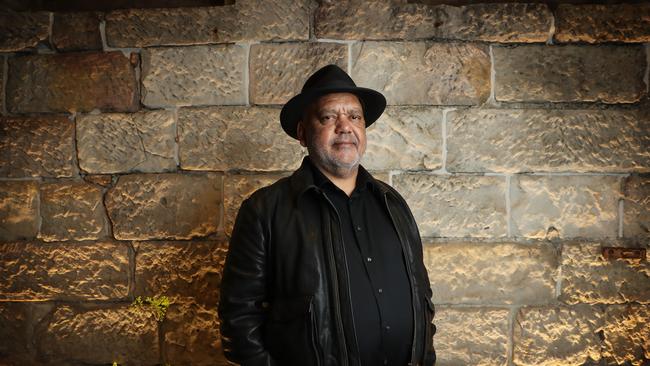
Pearson criticised both the progressives and conservatives. He branded “identity fundamentalism” as a cultural phenomenon weakening Australia and diminishing community bonds. Pearson said: “I think identity fundamentalism is a problem of both the left and right for different reasons – the left is in danger of denying that ultimately our national citizenship is the bond we must share, while the right denies the existence of the multiple identities that people have according to religion, culture, and all kinds of predilections and sexual orientations.”
But Pearson also delivered a vital message: “In the wake of the referendum loss, we have to find a third way. I am disillusioned because I thought the voice was a third way. But I cannot help but return to the fact that belonging to Australia is the only way forward for us. After the referendum defeat there are three possible responses for us. One, just capitulate and admit defeat. Two, being bitter, disillusioned and alienated. And the third way – that we keep making the case we belong to Australia, we belong to this nation. Our advocacy has got to be about belonging. We are part of the nation. We have nowhere else to go. This is our country and we have to keep making the case for unity and inclusion.”
Meanwhile the conflict between church and state risks moving into destructive proportions in this country. The scale of the crisis was outlined by Catholic Archbishop of Sydney Anthony Fisher in an address on Friday warning of the cultural and political stalemate that diminishes Australia and risks getting worse. Federal parliament is paralysed and seems unable to legislate a religious freedom law for Australia, a gaping hole in our claim to be a complete democracy.
Fisher said: “Unlike provisions concerning racial, sexual and disability discrimination, Australia has never incorporated the provisions of religious freedom into federal domestic law. Yet many social commentators agree that religion is increasingly under attack in Australia. The last federal government’s promise to protect religious freedom after same-sex marriage came to nothing.
“The present government has also gone quiet on its electoral promise.”
The campaign to undermine and secularise Catholic schools is under way. The Australian Law Reform Commission has recommended that faith schools no longer be permitted to preference enrolments and staff according to faith. It wants alternative morals taught in classrooms. Schools and church institutions are the targets of politicians, Greens, bureaucrats and anti-religious lobbies.
Fisher said Catholic health providers face threats to be defunded unless they offer abortion and euthanasia. It is now a year since “the most brazen recent attack on religious institutions” – the ACT government’s seizure of Calvary Hospital and forcible acquiring “the church’s land, operations and staff with, to date, zero compensation”.
Fisher, a moderate church leader, said he believed the church must operate within the rules of the political system – but not without qualification. Referring to the struggle many decades ago over state aid when the church closed down its Goulburn schools, Fisher said “you don’t get to play that card too often” and “the strategy can easily backfire”. That’s correct.
But he said the nation needed to accept that “religious liberty we have long enjoyed in Australia is at risk” and his rejection of radical action was only “not yet”. While Fisher did not offer this outlook, if secularism in Australia turns into an intolerant anti-religious framing – which is the current direction – then the nation is going to enter a new and intensely damaging cultural schism between the state and faith.
‘Two cultures don’t emerge overnight, yet they can emerge quickly – over the course of a generation. Every sign is that this is happening in Australia.’
It is 25 years since American intellectual historian Gertrude Himmelfarb identified in her book One Nation, Two Cultures the split that would tear apart US society in the coming generation. She warned about “a revolution in the manners, morals and mores of society” that was having a profound impact on public and private lives. She said the US was becoming a more “fragmented and polarised” society along entirely new lines of division based on morals and culture.
The point is that two cultures don’t emerge overnight, yet they can emerge quickly – over the course of a generation. Every sign is that this is happening in Australia. We misjudge our deterioration because we are protected from the cultural divide taking over our politics. That’s because Australia, unlike the US, has a Westminster model – because the people don’t elect an Australian president so this country will never have a Donald Trump.
We are protected because the party leaders are elected by the parliamentary parties and, if they misbehave or fail, they will be removed by the parties. By contrast, the US political system is deeply vulnerable to the eruption of the culture wars in Western nations.
Sexton highlighted the one-dimensional aspect of Australia’s cultural domain, so different to the vigorous intellectual and cultural diversity on display in Britain and the US. He said the various cultural sectors – literature, music, film, arts – “are largely strongholds of political correctness”, most apparent in the literary festivals held in capital cities and regional centres.
Sexton said: “It might be thought that these events would provide an opportunity for discussion and debate about current political, social and economic issues but there is seldom any disagreement between the participants and a politically correct consensus is very much the rule.”
Apparently, this is what the audiences want. Sexton said there seems “little appetite” in the audience to have their views challenged. But why is that? Is it because people are so doctrinaire that they cannot tolerate hearing other views? Perhaps – this seems to be a damaging aspect of Australia today. Or is it because people have become such prisoners of the progressive moral world that they don’t actually realise there is an entirely alternative way of seeing and thinking about the world reflecting a different set of moral values?
In his critique of the identity debate in Australia – with progressives and conservatives in perpetual conflict, Pearson offered an alternative perspective: “It was always my thinking in response to my reading of Amartya Sen that we have multiple identities. I have a traditional identity in Cape York and I speak the languages of my father and mother. I have an identity also as an Aboriginal person of Australia. I have an identity as a Queenslander. I have an identity as a Christian, not only that but specifically as a Lutheran, part of an immigrant identity shared with German migrants to South Australia.
“It is a mistake to reduce identity down to a single layer. And for the left that is usually a racial identity. This is identity fundamentalism and that’s the danger. When you recognise your multiple identities, then you are part of many communities with your own people but also with other people. I favour a nation that understands we have all these layers, but ultimately we share a national identity and we have to foster that.
“Where I part ways with John Howard is that I don’t think it’s the Australian national identity alone.”
This is a world away from critical race theory, which sees racial issues mainly in terms of power – the framing offered by Sivaraman. The influential architects of critical race theory, Delgado and Stefancic, say their theory “questions the very foundations of the liberal order, including equality theory, legal reasoning, Enlightenment rationalism and neutral principles of constitutional law”.
Australia needs to beware of falling into a race debate derived from theory inapplicable to our country that seeks to use our racial problems as the basis for a nationwide misplaced ideological campaign.
If you think this won’t lead to a political conflict, you don’t understand the racial politics of this country over the past two years. Senator Jacinta Nampijinpa Price didn’t just say no to the voice. She said yes to a different vision – that Indigenous people must be joined to the wider nation, that separatism should be repudiated and that it was time to end the constant debate about racism.
Ultimately, the origins of the two cultures phenomenon is that it constitutes an attack on liberalism – the framework for our constitutional democracy based on principles around the rule of law, the right to life and liberty, and equality regardless of race or creed – a framework that allowed people to live, work, trade and conduct politics short of civil unrest.
Both the right-wing radicals and the left-wing progressives now assault liberalism. If it is eroded, then once the liberal framework is dismantled, it will be open political warfare on a scale we have not seen before between competing moralising camps tied to their rival cultures.


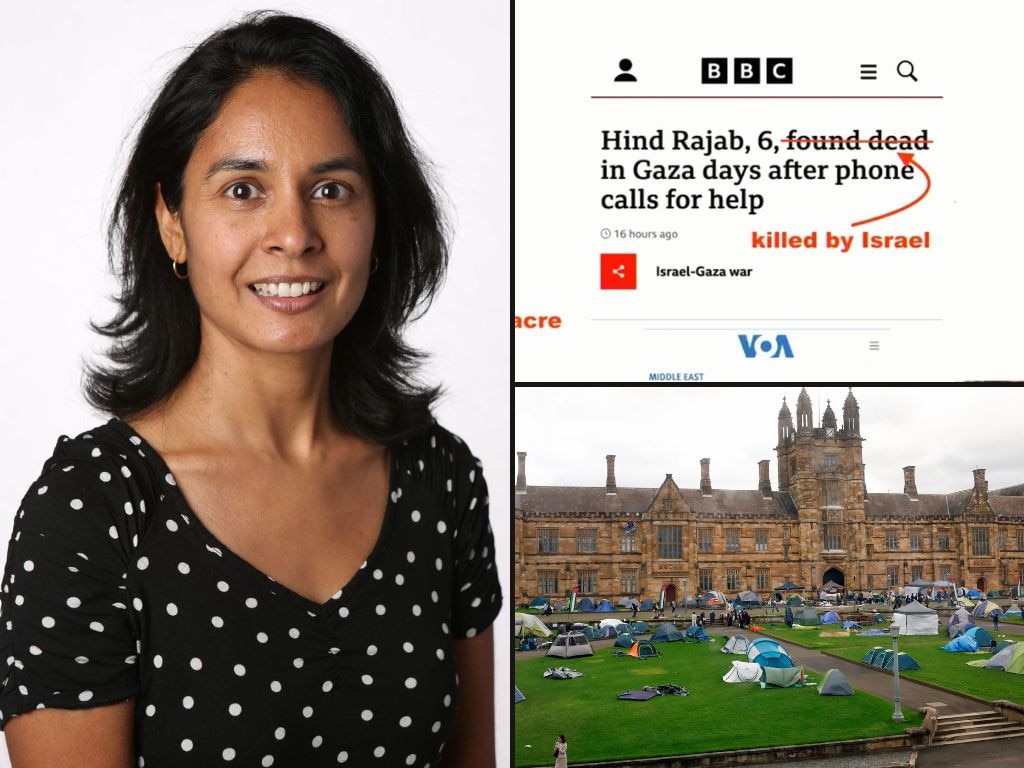
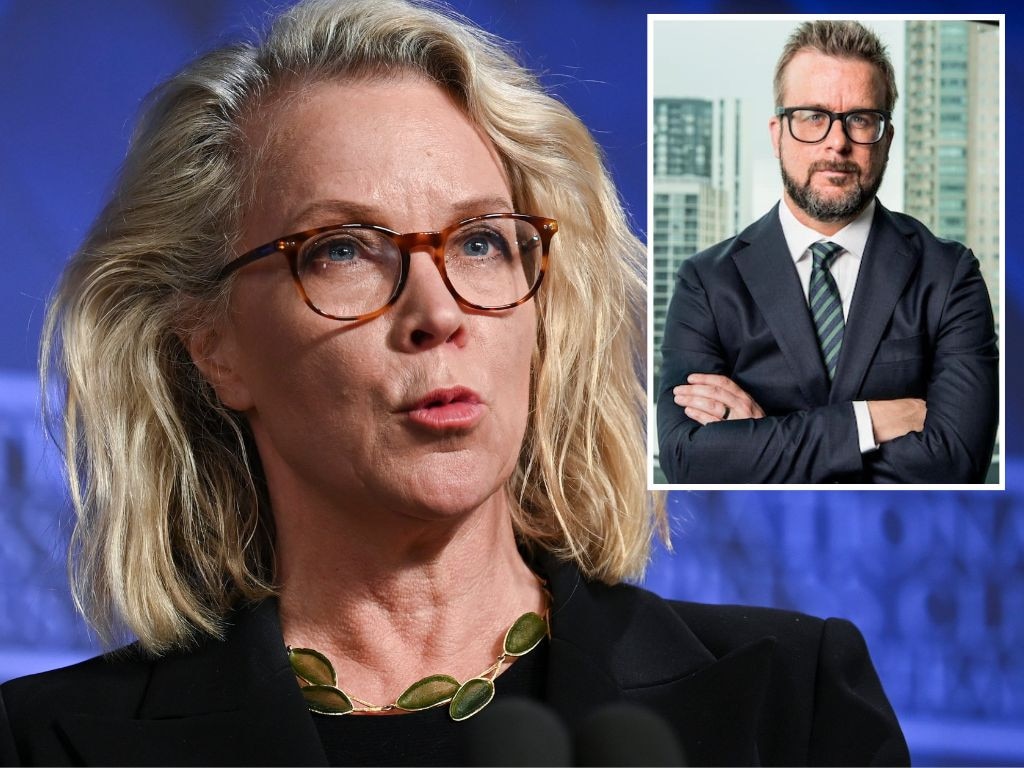
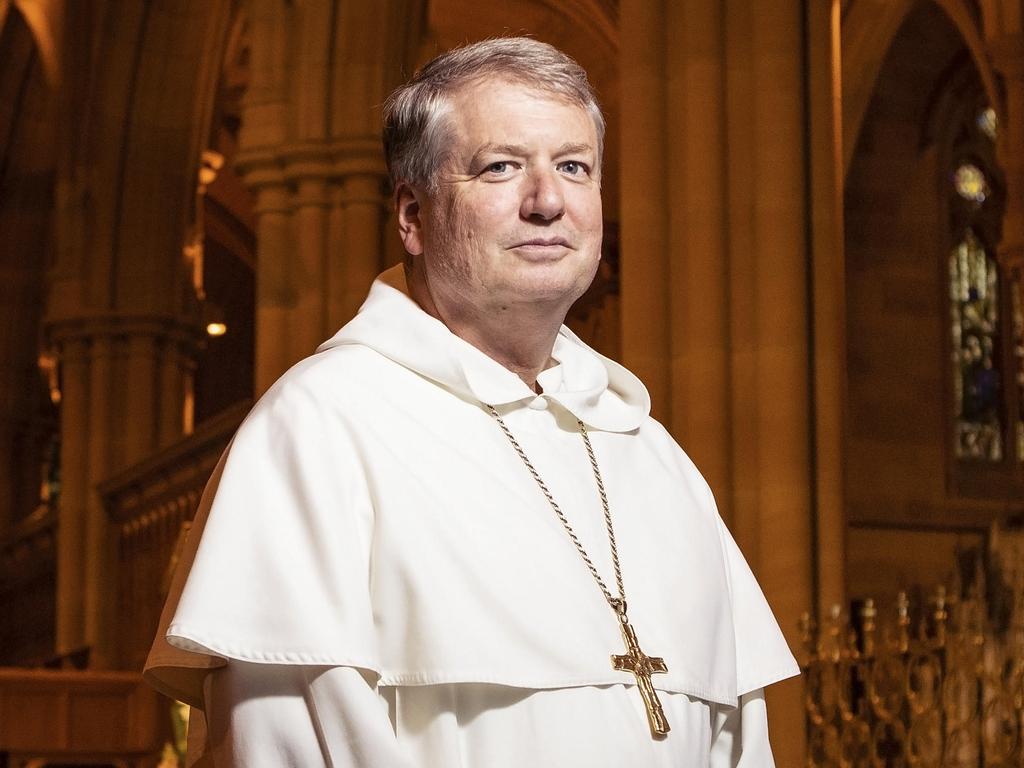


Australia each month looks more like a country riven by two cultures – fooling itself that because it has no duplication of the Biden-Trump political clash and has compulsory voting that it has avoided the cultural schism that plagues America and other Western nations.